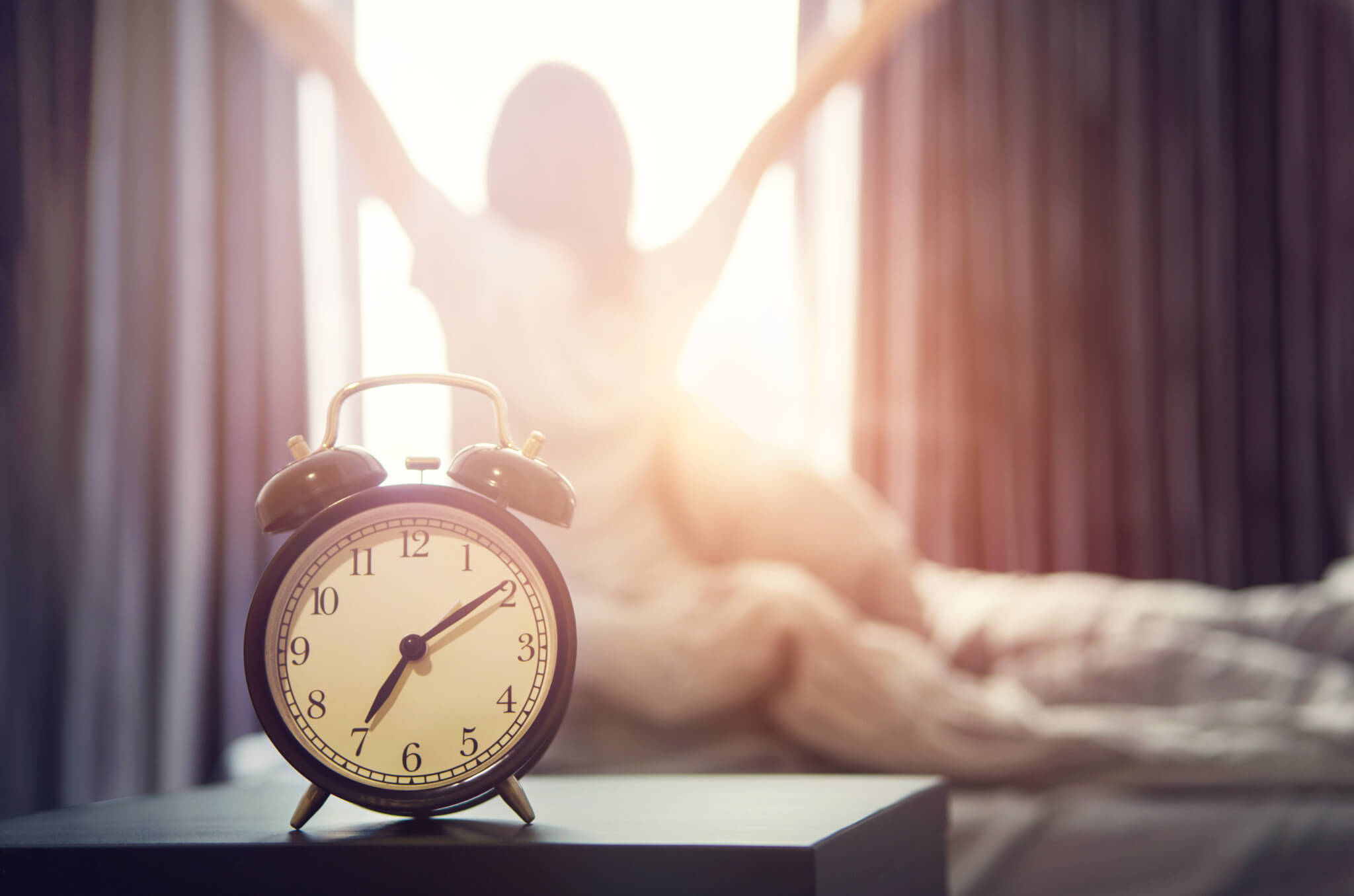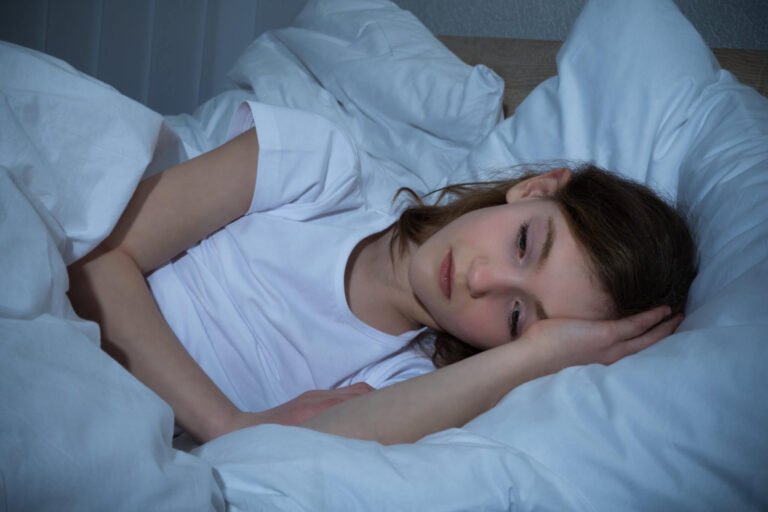SOUTHAMPTON, UK — One of the most underrated aspects of good health is getting quality sleep. New research shows that sleep deprivation and issues with your body clock don’t just cause mental illness, they make it worse.
“Sleep circadian disturbances are the norm, rather than the exception, across all categories of mental illness,” said lead author of the review, Dr Sara Chellappa from the University of Southampton, in a media release. “While sleep disorders such as insomnia are well understood in the development and maintenance of psychiatric disorders, our understanding of circadian disorders has lagged.”
“It is important to understand how these factors interact so that we can develop and apply sleep circadian interventions that benefit patients’ sleep and mental health symptoms.”
A group of researchers from the University of Southampton, King’s College London and Stanford University examined the evidence regarding sleep and circadian rhythms, with a focus on adolescents and young adults with mental disorders. During this formative period, people are at the highest risk of developing mental health disorders, especially if their sleep and circadian rhythms are disrupted.
Previous research has shown that insomnia is common in people with mental health disorders. Almost one-quarter to one-third of people with mood disorders have both insomnia and hypersomnia. Hypersomnia is a condition in which a person has difficulty falling asleep at night but is more sleepy during the day.
Interestingly, some studies investigating circadian rhythm sleep-wake disorder (CRSWD) suggest that 32 percent of people with bipolar disorder fall asleep and wake up later than usual, which is due to sleep-wake disorders. This is called a phase delay disorder. Cortisol patterns (the body’s main stress hormone) are reported to advance by 7 hours during mania and lag by 4 to 5 hours during depression. Successful treatment means that the timing is back in balance.

The research team investigated possible mechanisms behind sleep circadian disturbances in psychiatric disorders. Adolescence is accompanied by physiological changes in sleep schedules and behavioral changes such as staying awake longer, sleeping less on school nights, and sleeping longer on weekends. .
Dr Nicholas Meyer, from King’s College London, said: ‘This variation in sleep duration and timing can cause disharmony of our body clocks, leading to shifts in our sleep-wake rhythms, putting us at risk for sleep disorders and negative effects on our mental health. It has the potential to increase.” We co-led the review.
The researchers also looked at the role of genes, light exposure, and neuroplasticity (the flexibility of the brain as it grows and changes). People who are genetically predisposed to less variation in activity levels between periods of rest and wakefulness are more likely to experience depression, unstable mood, and neuroticism. Population-level studies have found that self-reported time outdoors is associated with lower odds of mood disorders. Additionally, sleep is thought to play an important role in how the brain forms new neural connections and processes emotions.
“Targeting sleep and circadian risk factors presents an opportunity to develop new preventive measures and treatments. Some of these include optimizing the timing of school and workdays and light exposure. “Other approaches are interventions tailored to an individual’s circadian parameters,” said Renske Locke of Stanford University, co-leader of the review. says Dr.
Cognitive behavioral therapy for insomnia (CBT-I) has been shown to be effective in reducing anxiety, depressive symptoms, and even trauma symptoms in people experiencing post-traumatic stress disorder (PTSD). Furthermore, in both forms of severe bipolar depression, light therapy upon waking in the morning was effective compared to placebo. It has also been proven that when used in combination with medication, it is more effective than using the medication alone.
In addition, medication timing, diet, and exercise can also affect your circadian cycle. Evening melatonin may help people with delayed sleep-wake phase disorder have more normal sleep patterns and may benefit people with multiple psychiatric disorders. Working night shifts can have a negative impact on your mental health, but eating during the day rather than at night may help with this, according to research that suggests eating during the day can prevent mood problems. there is.
This review also highlights innovative multicomponent interventions such as transdiagnostic interventions for sleep and circadian dysfunction (Trans-C). This intervention combines different parts of sleep and those that address circadian rhythms to create a sleep health framework that applies to a variety of mental health disorders.
“Mental health research as a whole is poised to take advantage of extraordinary advances in sleep and circadian science and translate them into improved understanding and treatment of mental illness,” says Dr. Chellappa.
The survey results are Proceedings of the National Academy of Sciences.
You may also be interested in:


